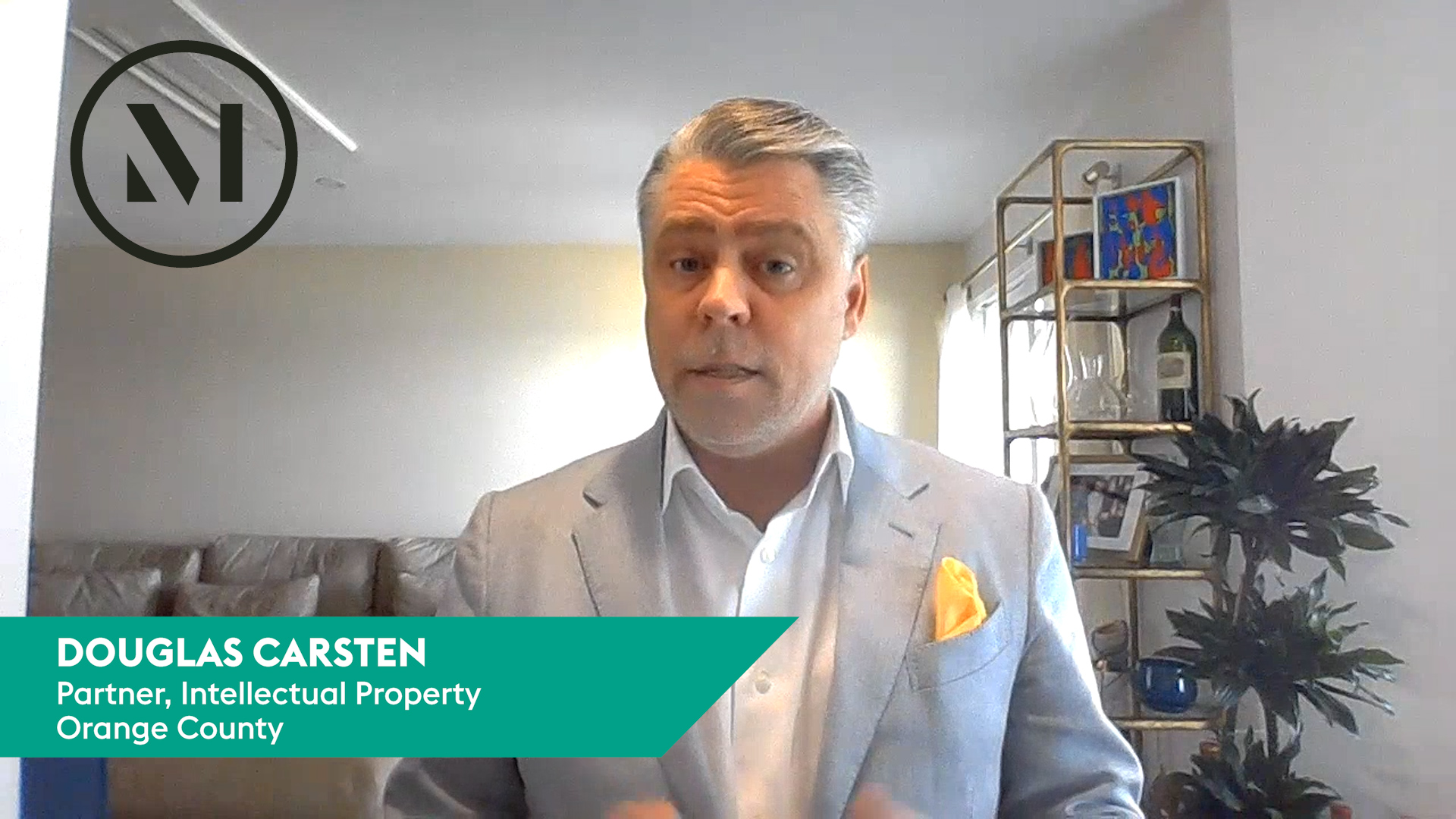Overview

The past year brought many developments in the life sciences patent legal space. Three decisions in particular hold potential ramifications for drug makers and patent holders in 2023. This year, the Supreme Court of the United States is also expected to consider standards patents claiming a genus must meet to withstand a validity challenge under Section 112—a ruling that could have a significant impact on patent holders in the biotech industry.
In Depth
GlaxoSmithKline LLC v. Teva Pharmaceuticals USA
In a notable 2022 ruling, the US Court of Appeals for the Federal Circuit denied Teva’s petition for en banc review of a decision finding that, despite Teva’s adherence to skinny labeling rules, its label induced infringement. The ruling suggested that equitable estoppel was the appropriate vehicle for considering whether the branded drug manufacturer’s representations to the FDA should prevent it from prevailing. Teva had explicitly excluded any reference to GlaxoSmithKline’s patented indication but was still found liable for infringement. However, the Court did suggest that Teva may be successful in its still-pending equitable estoppel defense against GlaxoSmithKline’s misrepresentations to the US Food and Drug Administration (FDA).
Looking ahead: Innovator pharmaceutical companies can expect that their generic competitors will be more cautious in relying on statements to the FDA. However, innovators themselves need to be mindful of potential liability for statements made to the FDA that could be at odds with their patent enforcement activities.
Niazi Licensing Corporation v. St Jude Medical S.C., Inc.
The Federal Circuit also overturned a district court determination that claim terms of degree, such as “resilient” and “pliable,” were necessarily indefinite. The Court found that the patent’s written description and prosecution history provided sufficient context to allow a skilled artisan to determine the scope of the claims with reasonable certainty, consistent with the established requirement under Nautilus that claims must provide “objective boundaries.”
Looking ahead: This ruling bodes well for patent holders that were previously concerned their patents might be found invalid due to indefiniteness, allowing them to more confidently assert their patent rights.
Mayor and City Council of Baltimore v. AbbVie Inc.
The Seventh Circuit found that AbbVie was not in violation of the Sherman Antitrust Act, despite owning 132 patents around the drug Humira—a so-called “patent thicket.” The Court held that in order to demonstrate a violation, the plaintiffs must establish actual harm to competition or show that all 132 patents were invalid.
Looking ahead: This ruling may encourage patent holders to develop similar “patent thickets” and use them to establish market dominance without compromising profits or risking antitrust liability.
Amgen Inc., et al. v. Sanofi, et al.
The Supreme Court recently agreed to consider the question of how much a patent must disclose to meet the enablement requirement under Section 112 for genus claims. The Supreme Court will weigh whether it is sufficient for the specification to simply teach those skilled in the art to “make and use” the claimed invention, or if it must meet the higher standard imposed by the Federal Circuit, which requires that the patent equip those skilled in the art to “reach the full scope of claimed embodiments” without undue experimentation.
Looking ahead: The Supreme Court’s opinion could affect many patent holders, and innovation generally, in the biotech industry and other industries by determining standards patents claiming a genus must meet to withstand a validity challenge under Section 112. Watch for the Supreme Court’s ruling and its potential effects on patent litigation in the year to come.
CHECK OUT OTHER 2023 IP OUTLOOK PATENT TOPICS
SEP LicensingImproper InventorshipWestern District of TexasUnified Patent Court